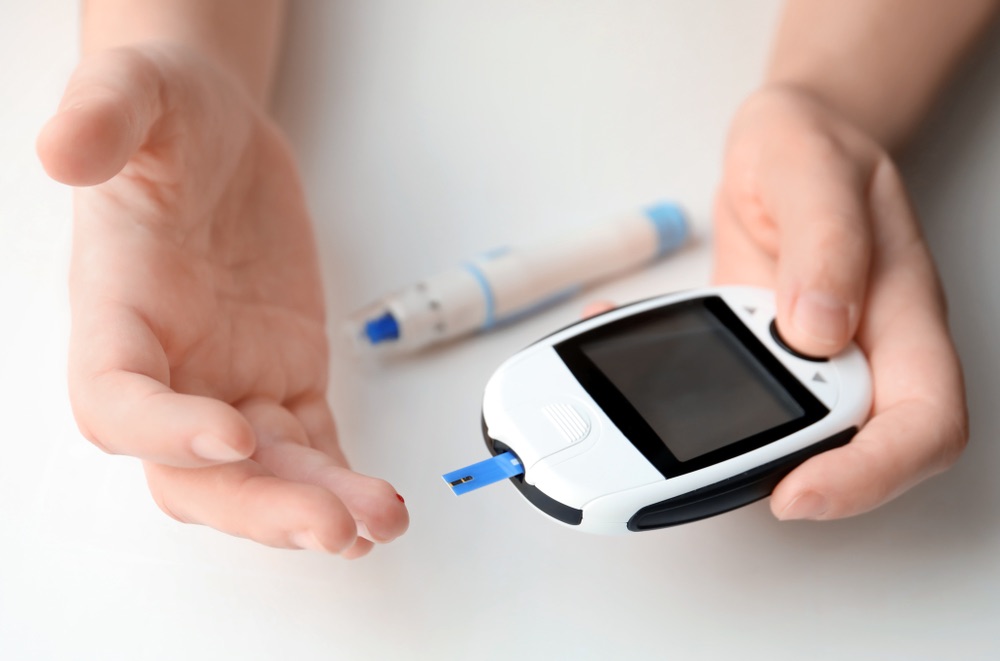Investigating the Utility of Blood Sugar Monitors in Minnesota’s Clinical Trial
A clinical trial in Minnesota is delving into the efficacy of pricy Blood Sugar Monitors compared to conventional finger-stick tests for diabetes patients. Dexcom, a San Diego-based maker of continuous glucose monitors, is gearing up to launch a new wearable device in 2024 for Type 2 diabetes patients not requiring insulin.
Tip: Please fill out the form if you or a friend would like more information about blood sugar monitors.
A Transformative Impact
Colette Morris, managing diabetes, experienced a reversal in her condition with a monitor attached to her forearm. The device constantly feeds data to her mobile, educating her about the dietary and stress factors affecting her blood sugar levels. However, such technology isn’t universally embraced; some with diabetes, like Morris’ siblings, find discomfort in sensors and false alarms.
According to Morris, traditional finger-stick tests suffice for her siblings, maintaining safe A1C blood sugar levels. The question arises: is the real-time information necessary if overall diabetes management remains effective?
Must Read CGMs in noncritical care hospitals optimizes glycemic control
The Dilemma and the Trial
Continuous glucose monitors flood the market, yet the value of the hefty investment remains uncertain. HealthPartners, a Bloomington-based healthcare system, launched a pioneering real-world clinical trial to assess if these monitors offer superior health outcomes compared to traditional, cheaper tests.
The study, involving over 300 Minnesotans taking insulin for diabetes, has received additional funding to double its size. It seeks to compare the efficacy of continuous glucose monitors against conventional methods in managing diabetes and preventing complications.
The Crucial Role of Blood Sugar Monitors
The quality of glucose monitors has evolved, featuring quarter-sized sensors transmitting data to mobile devices. The critical query remains: does continuous blood sugar data aid in better diabetes management and complication prevention than traditional point-in-time data?
Read Guide about Wegovy Dosage Guide: The Best Way For Weight Loss
Monitoring blood sugar remains vital in preventing hyperglycemia or hypoglycemia in diabetes. Immediate consequences include accidents while driving during sudden blood sugar fluctuations, while long-term impacts encompass kidney issues and other disabilities.
Economic and Health Implications
Type 2 diabetes presents a substantial economic burden, with Minnesota facing a $5 billion challenge in medical costs and lost worker productivity. Over 10% of Minnesota adults received diabetes diagnoses in 2022, doubling the rate from two decades ago.
Dr. Thomas Martens from HealthPartners emphasizes the significance of leveraging glucose data to enhance diabetes management, especially considering the financial strain and rising costs associated with diabetes care.
Also, read about How Physical Activity and BMI Affect Loneliness and Diabetes
A Personal Perspective
Morris, a consultant for the study, shares her 18-year journey with diabetes, underscoring how the continuous monitor transformed her understanding of the disease. While she adjusted her lifestyle, stress, heat, and food choices, she remains eager for the study’s results.
Despite the benefits, she acknowledges the occasional need for a finger-prick test and quick adjustments to manage her blood sugar levels effectively.
The study’s findings hold the potential to reshape diabetes management, impacting both the health outcomes and financial burdens faced by those living with the condition.


